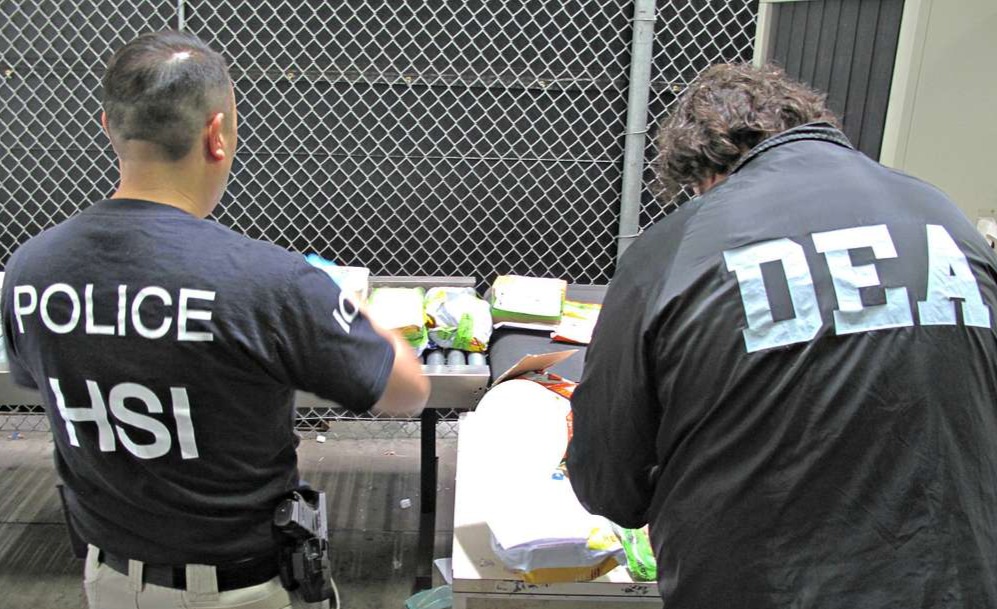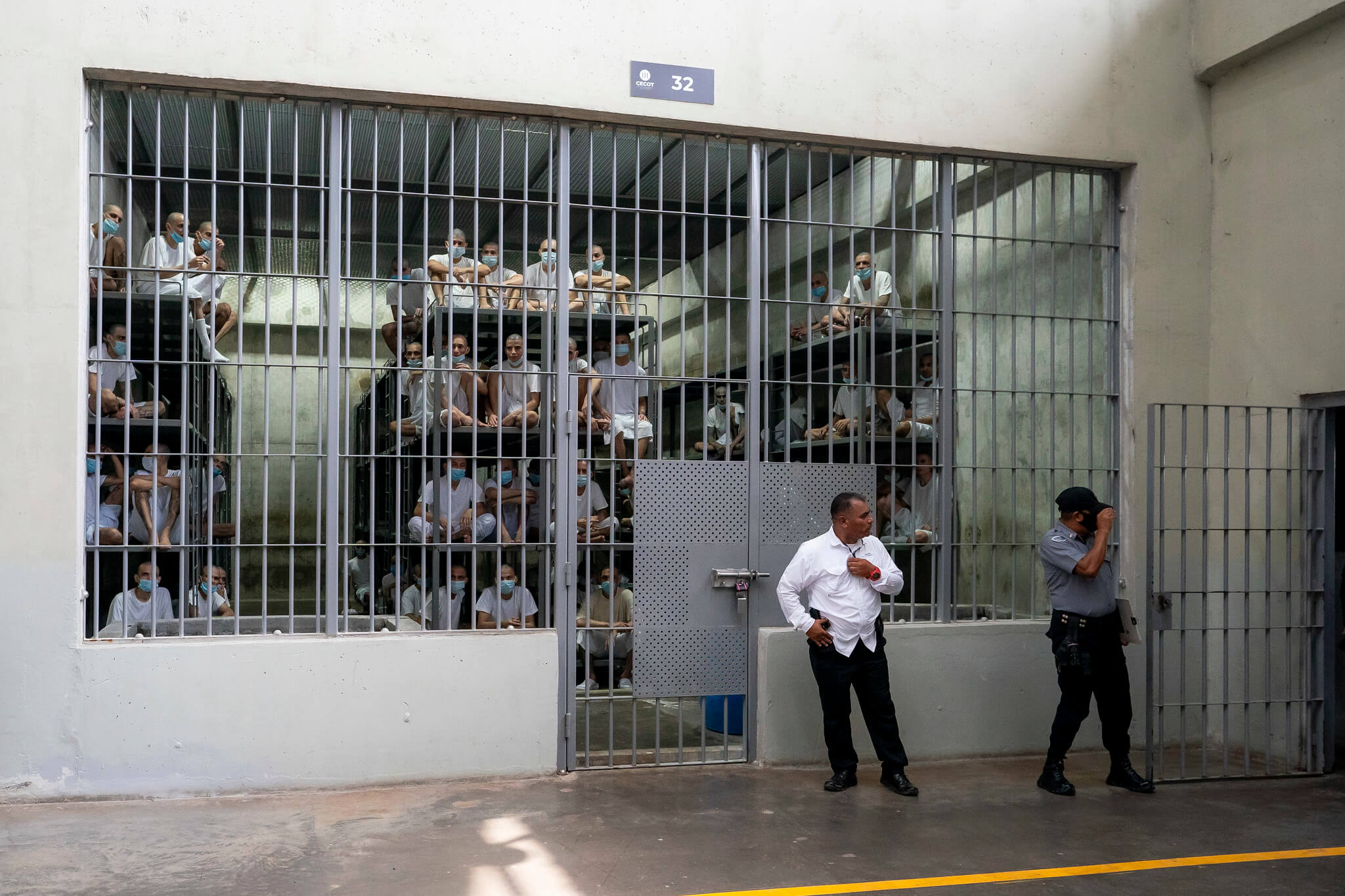Today's Headlines and Commentary
Politico reports that the House Intelligence Committee is nearing a bipartisan agreement on legislation that would end the NSA’s bulk telephony data collection program. The plan would allow telephone companies to hold on to the data; the NSA would need to ask to search specific records. Most of the nitty gritty details are still hazy, but the Chairman, Rep.
Politico reports that the House Intelligence Committee is nearing a bipartisan agreement on legislation that would end the NSA’s bulk telephony data collection program. The plan would allow telephone companies to hold on to the data; the NSA would need to ask to search specific records. Most of the nitty gritty details are still hazy, but the Chairman, Rep. Mike Rogers (R-Mich.) is confident that the committee will produce something before the deadline that President Obama set for the Attorney General and the NSA: March 28.
Mark Zuckerberg, the creator and CEO of Facebook, has expressed his frustration with the NSA collection program. In a public post to all users of Facebook, Zuckerberg laments the “behavior of the U.S. government.” He explains that he has talked directly with President Obama on this issue, but is disappointed that progress seems to be so slow. Time also has the story.
Secretary of State Kerry has arrived in London for talks with his Russian counterpart about the ongoing situation in Crimea. The New York Times reports that Kerry is trying his hardest to convince Russia to keep from annexing Crimea---and thus also trying to delay the referendum which is scheduled to take place on Sunday. This last-ditch effort may all come to naught, however, as President Putin has shown no signs of letting up and has even sent more of his troops to the Russia-Ukraine border.
Politico tries to “get inside the head” of President Putin in this lengthy quasi-profile of the Russian leader and his somewhat counterintuitive policies.
Meanwhile, a Senate vote on an aid package bill to Ukraine will be delayed. Reuters explains that Senate Republicans objected to a measure in the bill concerning IMF reforms and, as such, blocked it from being brought to a vote yesterday. The bill now can only be considered after the Senate reconvenes on March 24.
The Senate did do something yesterday: Caroline Krass was confirmed to be the new general counsel for the CIA in a 95-4 vote. Politico reports that Krass’ nomination had been held up in the Senate. But, according to the L.A. Times, because of serious concerns with the acting general counsel, Robert Eatinger, Majority Leader Harry Reid convinced the Senate to bring Krass’ confirmation to an immediate vote.
We've covered a lot about the ongoing CIA-SSCI face off, but here's a great break-down of what's going on over at the Hill. Things will surely continue to develop, but the Hill explains just where we're at now.
The UN Human Rights Committee has some harsh criticism for the US. The Guardian explains that the UNHRC, charged with upholding the International Covenant on Civil and Political Rights, points to several human rights abuses perpetrated by the States---everything from Guantanamo detention, the death penalty, drone strikes and NSA data collection. Charlie Savage of the New York Times also covers the Committee's skepticism towards the United States' view---reiterated during Committee proceedings---that the Convenant does not govern U.S. conduct abroad.
President Obama has ordered a review of U.S. deportation practices. The Associate Pres explains that the president is responding to “frustrating immigration advocates” to find a more humane way of deporting illegal immigrants. An immigration overhaul in Congress seems less and less likely, so President Obama is, like with so many other policies, contemplating unilateral action.
Remember when a report came out a few months ago, revealing that Air Force officials responsible for maintaining nuclear bases were cheating on their monthly proficiency tests? Well, now, the Associated Press has uncovered that things are actually much worse than they originally seemed. Not only were officials at Minot Air Force Base, North Dakota cheating, but their grades were being bumped up by their superiors to reflect stronger scores. The AP covers all the details of the cheating scandal and examines how widespread cheating might be.
General John Kelly revealed to Senate Armed Services Committee just how weak the U.S. is when it comes to preventing drugs entering the country from Latin America. Time reports that Gen. Kelly explained that, due to a lack of resources, about 80 percent of Colombian drugs make their way into the U.S. He also pointed to a growing drug trade coming out of the Dominican Republic and Puerto Rico.
Architizer, an online publication about architecture, has a fascinating piece on “how forensic architecture is uncovering drone strike secrets.” Expert forensic architecture teams are able to piece together sites hit by drones to see the difference before and after a strike, revealing consequences of a strike that might otherwise go missed.
Email the Roundup Team noteworthy law and security-related articles to include, and follow us onTwitter and Facebook for additional commentary on these issues. Sign up to receive Lawfare in your inbox. Visit our Events Calendar to learn about upcoming national security events, and check out relevant job openings on our Job Board.
Clara Spera is a 3L at Harvard Law School. She previously worked as a national security research intern at the Brookings Institution. She graduated with an M.Phil from the University of Cambridge in 2014, and with a B.A. from the University of Chicago in 2012.





